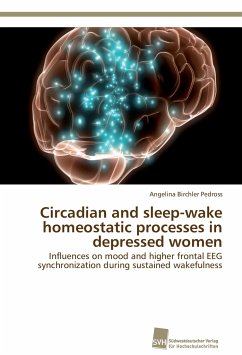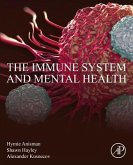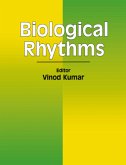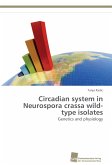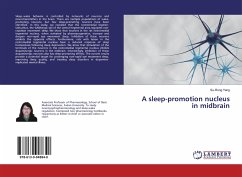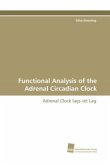There is mounting evidence supporting the role of the sleep-wake cycle and the endogenous circadian system in the pathogenesis of the disorder of major depression. Surprisingly, very little research has been done so far with the focus on basic investigations under unmasked standard controlled conditions to avoid masking effects in Major Depression Disorder (MDD). In this study, the theoretical framework that underpins depression is addressed within the context of the circadian and sleep-wake homeostatic regulation, and on how these two independent and non-additive systems impact mood, subjective sleepiness, melatonin and waking EEG in young depressed women without sleep disturbances. The study design consisted of two different protocols such as an episode of total sleep deprivation (SD; high sleep pressure) or multiple napping (nap protocol; low sleep pressure). This study provides several surprising data in the cohort of young women with MDD that stand in contrast to some of thelong-standing mainstream hypothesis.
Bitte wählen Sie Ihr Anliegen aus.
Rechnungen
Retourenschein anfordern
Bestellstatus
Storno

